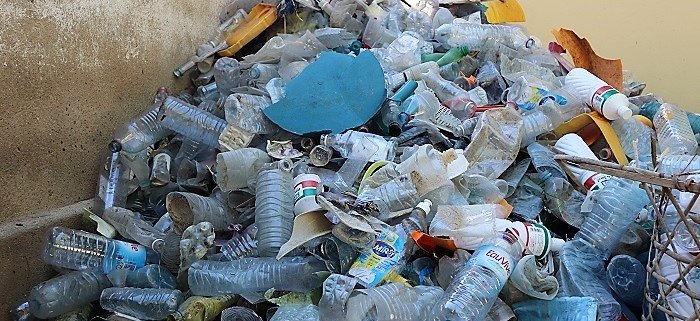Reef Doctor is Cleaning Up!
Every week we perform beach clean-ups in Ifaty with a group of Reef Doctor interns and volunteers, and children from the village. We come across a wide range of litter including diapers, pieces of glass, plastic wrappers, plastic bottles, clothes, bags and fishing nets. Over the past three months we collected over 700 kg of litter just from the beach in Ifaty! And yet, it is still not a clean beach. The majority of the litter found is clothes, while 12% includes disposed fishing gear used by the local fishermen including fishing nets, mosquito nets, plastic bottles and flip flops used as floaters and buoys, and batteries used for torches during night fishing activities. Besides this a lot of plastic for domestic use is also found.
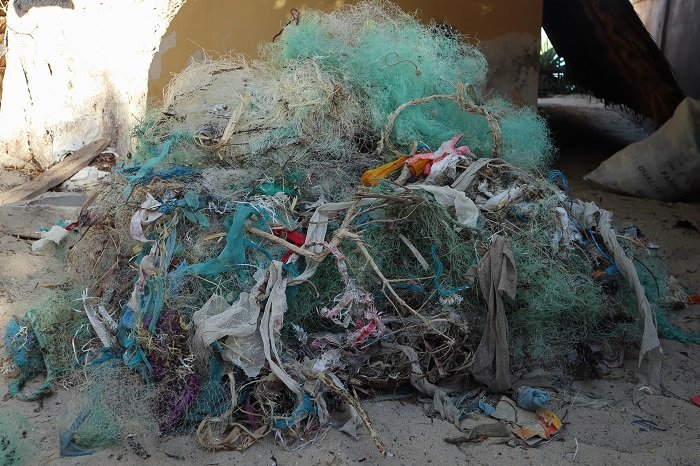
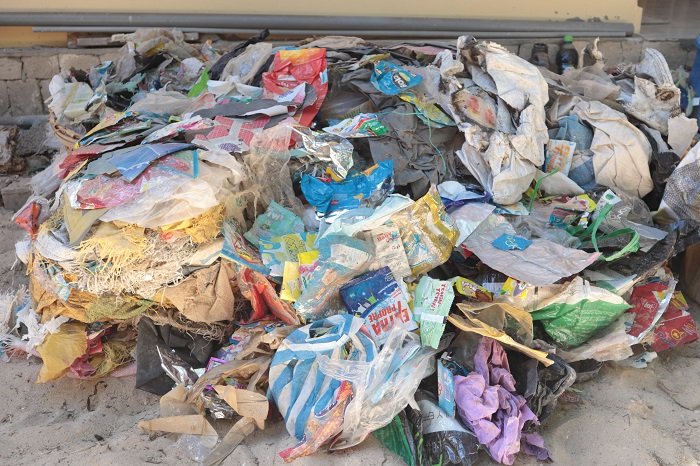
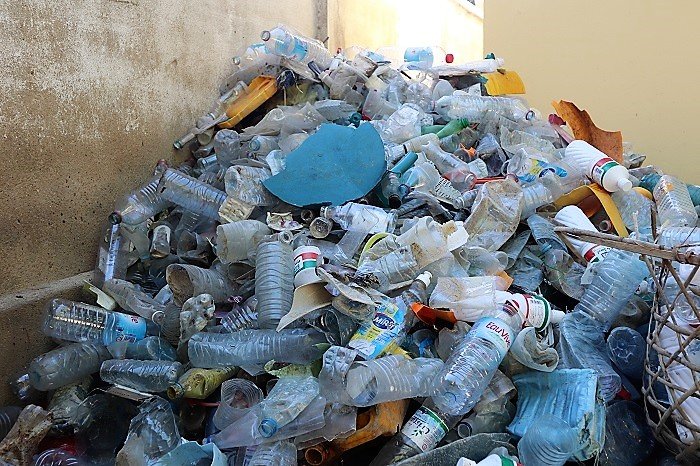
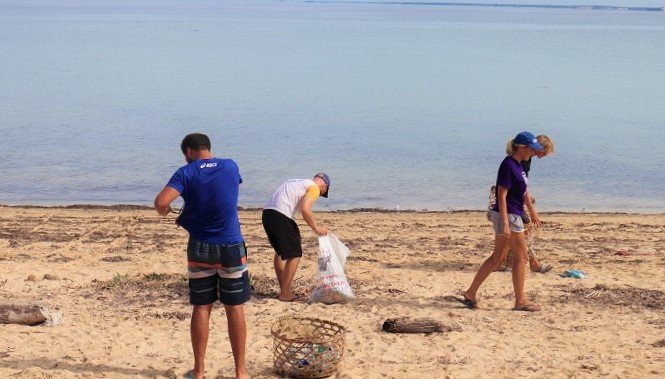
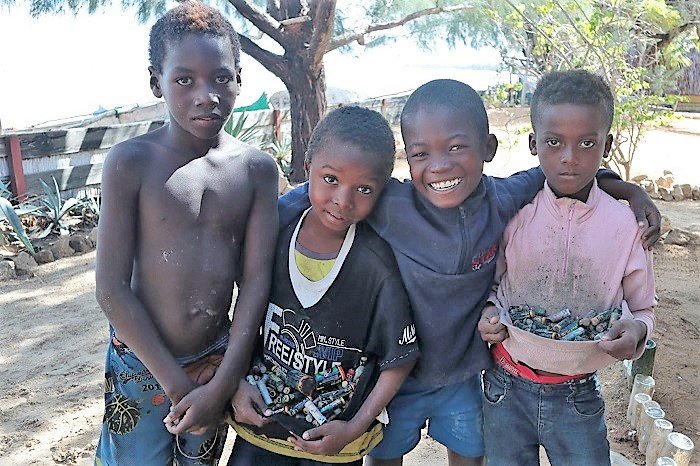
The problem in Ifaty is, that due to lack of knowledge and infrastructure, garbage is not disposed of properly. The disposal of all kinds of garbage is generally through burning or burying it in a pit. This means it’s not contained and can easily end up somewhere else in the village and on the beach, and eventually in the ocean.
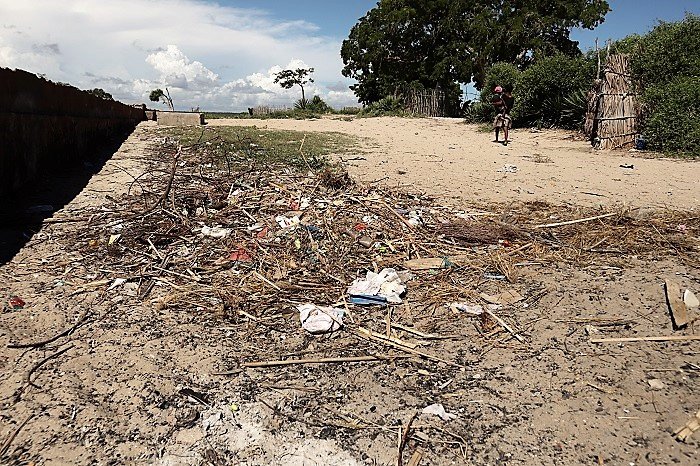
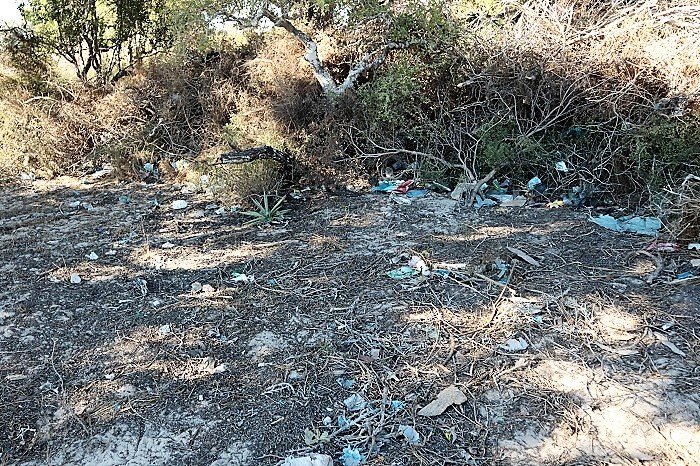
Marine litter is not just a local problem. It is one of the biggest environmental challenges the world faces today. The majority of marine litter consists of plastic. Plastic production has increased dramatically since 1950, which is related to a growing population. Globally over 300 million tons of plastic was produced in 2014. Plastic is designed to be durable, however, it is commonly used for single use. It takes a long time to degrade and if not disposed of and handled properly, plastic waste litters the marine environment, causing damage to marine life.
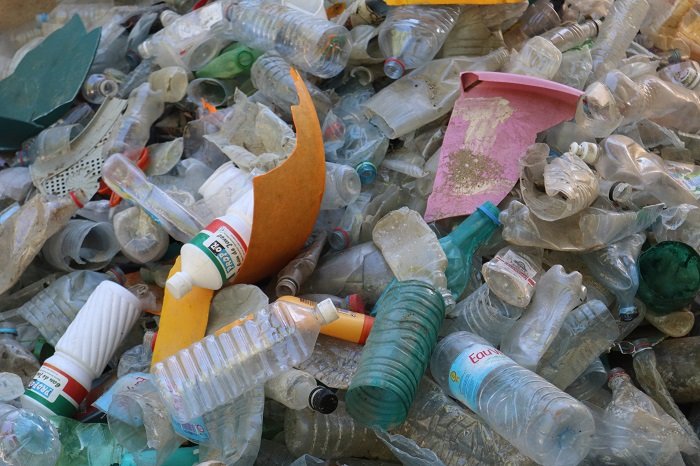
Marine animals suffer from marine litter by entanglement, suffocation and ingestion. Entanglement occurs most often with species such as whales, turtles, dolphins, seals, dugongs, sharks and large fish. In 2015, over 30,000 cases of entanglement were recorded. Entanglement can cause animals to drown, starve, or die from strangulation or infected injuries. ‘Ghost fishing’ is a major cause of the entanglement of marine animals; animals caught unintentionally by abandoned fishing gear. The presence of marine litter also results in ingestion by marine animals. A review in 2014 revealed marine litter was found in 100% of marine turtles, 59% of whales, 36% of seals and 40% of seabird species examined. The effects include partial blockage, damage to the digestive tract and reduction in foraging. Which all can result in poor nutrition and a decline in health. Marine life can also be harmed through suffocation. Large items, including discarded or lost fishing gear, quickly sink to the sea floor. These items can smother the seabed, affecting marine organisms and the benthic composition, and turn sediments anoxic.
Besides the negative ecological impacts, marine litter affects ecosystem services – the benefits humans have from the natural environment. Economic activities rely on the ecosystem services from the marine environment. In the Bay of Ranobe people rely on the marine environment for fishing and tourism.
Clean-ups are a good method to reduce litter. But its much more effective to prevent litter at its source. Therefore, we intend to implement the first waste management programme in Ifaty. Our goal is to keep Ifaty clean. It is important that the community is involved and that they understand the importance of the programme. We have already had a successful meeting with important members of the community who have approval implementation of the programme, a great first step!
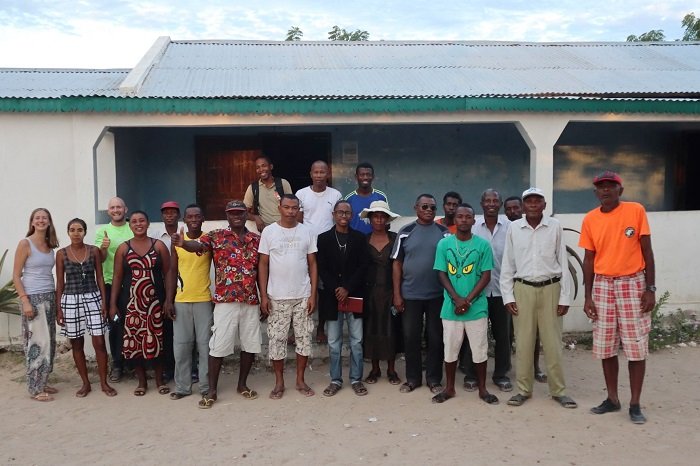
Through educating the community, provision of garbage bins, and implementation of a collecting and recycling scheme, we can effectively reduce marine littler, contributing to healthy marine ecosystems in the Bay of Ranobe and ensuring that the community can continue to rely on fisheries in the future. Additionally, this project will offer the opportunity to expand the skills within the community, creating alternative livelihoods and income through the waste collection and recycling scheme.
To get the project started, we are launching an important fundraising campaign in the next few days, please stay tuned!
Article written by RD Intern Simone de Graaf

